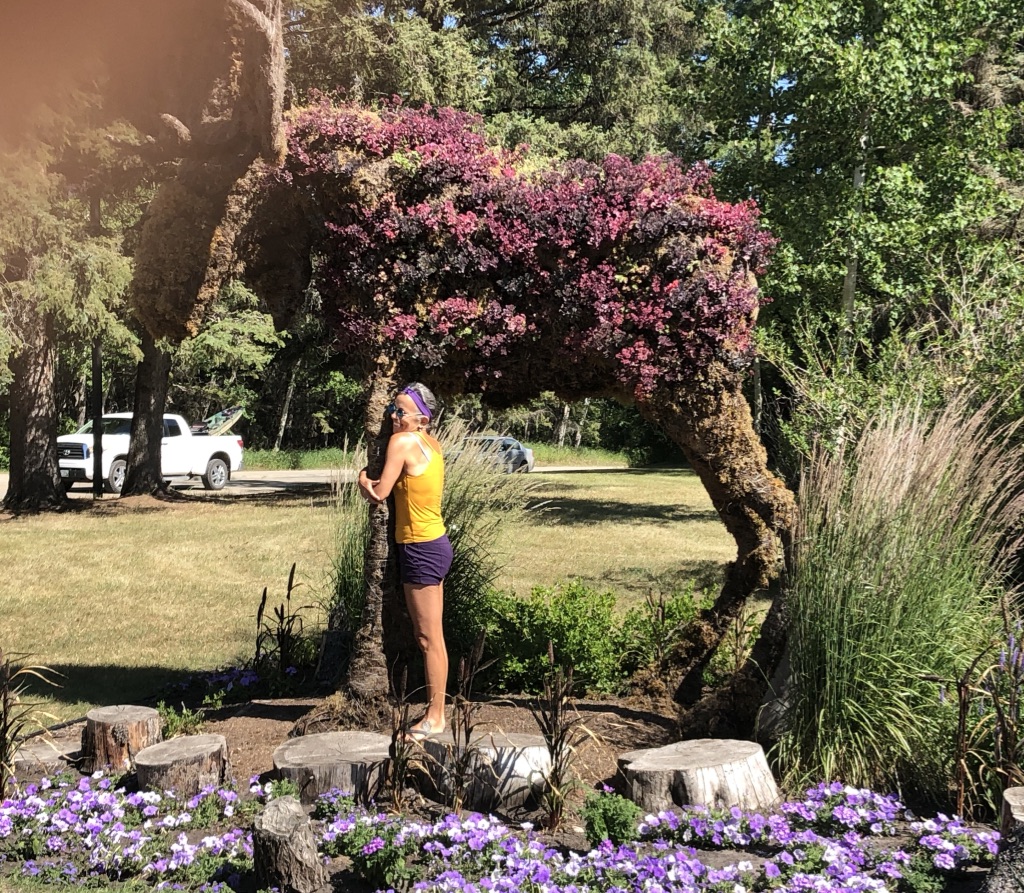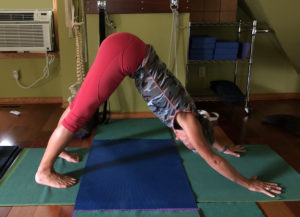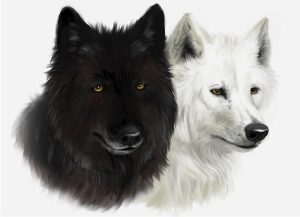When the chips are down, I can attest from personal experience that one of the hardest decisions we face in life is choosing whether to walk away or try harder. Think of a situation (climate change, etc.) or a personal relationship (sibling, parent, friend, lover, co-worker) in which you felt there was nothing else you could do to make things better. Did you walk away or even look away thereby washing your hands of any further responsibility? If you are anything like me, at least one example of where I walked away is glaringly evident to me. Although, it took place decades ago, there is still a niggling part of me that wishes I could have done more then or even now.
This push-pull inside with regard to doing more versus looking away creates an inner friction that holds these experiences in our consciousness. So, though we may not be taking action, we are still expending energy on them.
Such unfinished business stays with us until we learn what it is we need to understand in order to take action or to legitimately let go. In fact, life continues to present us with similar situations, not as punishment, but as opportunities to learn a new way.
As human beings, our physical, emotional and spiritual make-up happily call us to move in the direction of growth and fulfillment. Scientists call this transformational movement evolution. Spiritualists call it enlightenment. Regardless of the label, it amounts to choosing between love and fear. Again, call forth from your memory a time of significant growth in your life— marriage, divorce, death, birth. Ask yourself, “In that situation, did I act from a place of love or fear?”
In my own life, I found that every experience I encounter presents this same choice — to respond with loving kindness or to respond with fear. I would go so far as to say that this is the lesson we are meant to learn and relearn throughout the major points of change in our lives. As early as adolescence and as late as mid-life or impending death, the choice remains the same. And, of course, if we don’t get it quite right the first time, more opportunities to choose wisely are provided.
This same developmental choice exists for individuals as well as the collective global population. I am convinced that, when given the skills and the chance, the greater majority of people would choose love. Otherwise, why do we continue to pursue it, particularly via romantic relationships? The challenge for humanity is our ineffectiveness, our lack of skill, in applying love.
In her words below, Marianne Williamson, 2020 U.S. Presidential candidate, exposes the results of America’s existing fear-based choices, which are merely a microcosm of what is happening globally.
Love does not look away from the fact that 40 percent of all Americans live with chronic economic anxiety.
Love does not look away from millions of traumatized American children.
Love does not look away from the fact that we are facing the spectrum of an ecosystem implosion that could lead to nothing short of catastrophic consequences for our children and our children’s children.
Love does not look away from the moral and economic debt we owe to the descendants of slavery … as well as to [First Nations, globally].
Love does not look away from the perpetual pattern of war-preparedness which has come to dominate our national [and international] security agenda, at the expense of diplomatic and humanitarian peace-building efforts.
Love is not weak; it is strong — but only when it is applied. Marianne Williamson
Williamson likened her platform of love to that of Martin Luther King Jr. when he said:
Our goal is to create a beloved community and this will require a qualitative change in our souls as well as a quantitative change in our lives. [… a coalition of conscience.]
Martin and Marianne are not alone in exposing the debilitating consequences of societies where love was cast away in favour of fear and dominance. As self-proclaimed capitalist, plutocrat and billionaire, Nick Hanauer, stated in his 2014 TED talk, “Beware, fellow plutocrats, the pitchforks are coming.” Hanauer’s reference to pitchforks (see 1789 French Revolution) is a reminder to us that inequality has characteristically ended in violent rebellion and economic downfall.
In June 2014, Hanauer wrote an op-ed for Politico magazine in which he foresaw pitchforks coming for his “fellow .01%ers” if they did not address the issue of increasing wealth inequality. He noted how it would result in the destruction of the middle class and damage to the wealthy class. He made comparisons to the period preceding the French Revolution in the 18th century. Wikipedia
It’s obvious to me that the current global, political and personal divisiveness we experience indicate a split in human consciousness between love and fear. What is not obvious is whether this split will reunite, and we will as a global society embody Martin Luther King Jr.’s coalition of conscience. Nonetheless, what we know to be true is “love begets more love and fear begets more fear.” Please, choose wisely.





